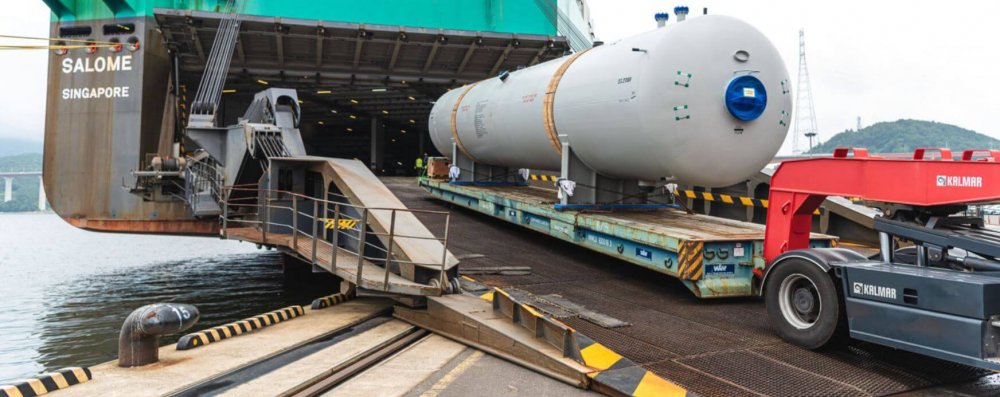In today’s fast-paced world, businesses are constantly seeking ways to streamline their supply chains and improve delivery processes to meet growing customer demands. From small startups to large corporations, the key to staying competitive lies in optimizing logistics for efficiency and reliability. For businesses of every size, the goal is clear: to deliver products to customers quickly, accurately, and cost-effectively. This requires a seamless integration of various elements within the supply chain, from inventory management to transportation and final delivery. Small businesses often face the challenge of limited resources and infrastructure, making it crucial to find solutions that are both efficient and scalable. Conversely, large corporations must navigate complex networks and volumes, necessitating advanced logistics strategies to maintain efficiency.
One of the most significant trends revolutionizing logistics delivery is the integration of technology. Automation, data analytics, and artificial intelligence are increasingly being leveraged to optimize every stage of the delivery process. For small businesses, adopting user-friendly software solutions can simplify inventory management, order processing, and route optimization. These tools not only save time and reduce errors but also provide valuable insights for improving overall efficiency. For larger enterprises, advanced technologies like predictive analytics and machine learning play a crucial role in forecasting demand, optimizing routing, and managing inventory levels. By harnessing the power of data, these companies can anticipate customer needs, identify trends, and make data-driven decisions to stay ahead of the competition. Furthermore, the use of IoT Internet of Things devices enables real-time tracking of shipments, allowing for greater visibility and control over the entire supply chain.

Another key factor in effortless logistics roro cargo rates delivery is collaboration and partnership. Small businesses can benefit from partnering with logistics providers who offer tailored solutions and expertise in their industry. By outsourcing certain aspects of the supply chain, such as warehousing or transportation, these businesses can focus on their core competencies while still ensuring timely deliveries to customers. Similarly, large corporations often collaborate with third-party logistics providers 3PLs to optimize efficiency and reduce costs. By leveraging the extensive networks and resources of 3PLs, these companies can scale their operations, access new markets, and adapt to changing customer demands more effectively. Strategic partnerships also enable businesses to mitigate risks and overcome challenges, such as capacity constraints or fluctuating fuel prices.
Moreover, the rise of e-commerce has transformed the landscape of logistics delivery, creating both challenges and opportunities for businesses. With more consumers shopping online, the demand for fast and reliable delivery services has never been higher. Small businesses can capitalize on this trend by offering flexible shipping options, such as same-day or next-day delivery, to attract and retain customers. Large corporations, on the other hand, must invest in robust e-commerce platforms and fulfillment centers to handle the increased volume of online orders efficiently. In conclusion, effortless logistics delivery is essential for businesses of every size and sector to thrive in today’s competitive marketplace. By leveraging technology, fostering collaboration, and adapting to evolving consumer trends, companies can optimize their supply chains and meet customer expectations with ease.